The five laws of library science are some of the most influential concepts in that field. S.R. Ranganathan’s early education was of a mathematic background. This systematic way of thinking, he later applied to his work in library science, most notably his work on library classification and administration.
The father of library science in India propounded the five laws of library science in 1931. The first law is that books are for use. It is imperative to ensure library patrons use the materials we select and purchase for them. Libraries are not just about storing books, they are about people having access to books. This is something Ranganathan made clear in his own discussion of the first law Ranganathan 1988. His talks and writings emphasize the preservation of information and knowledge to be as important as access to information and knowledge.
Contents: Preface. 1. Introduction. 2. Ranganathan’s fifth law of library science. 3. The five laws in information library and virtual libraries era. 4. Relevant rules of Ranganathan. 5. Collection maintenance principles of public libraries. 6. The evolution of academic libraries in the 21st century. 7. Library classification schemes for internet resources and networks. Bibliography. Index.

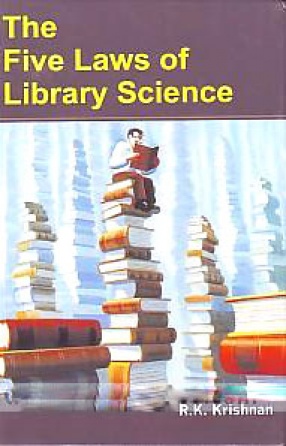
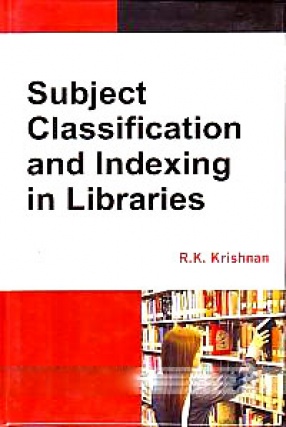
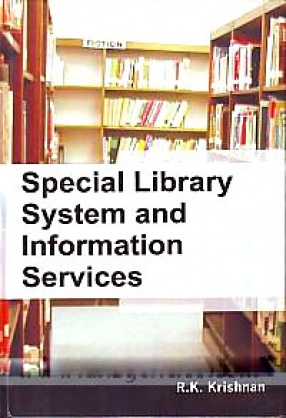
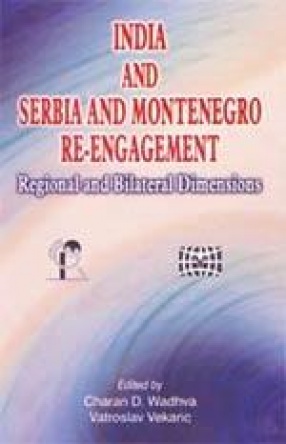
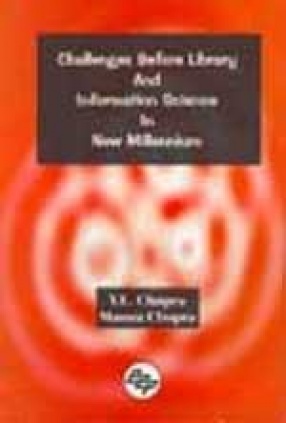

There are no reviews yet.